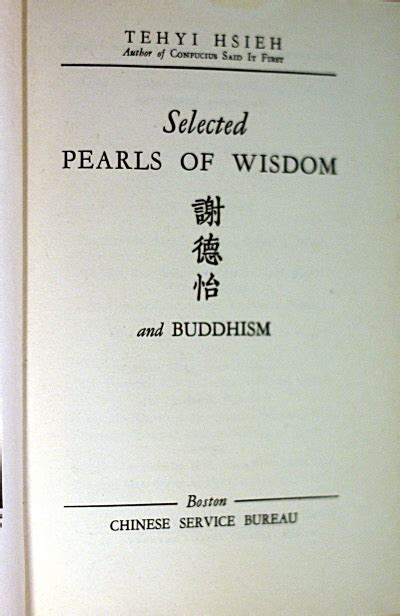A Quote by Frederick Lenz
Mantras have an important place in meditation. But the idea has become somewhat prevalent in the West, and in the East to some extent, that the simple repetition of a mantra will eventually cause enlightenment
Related Quotes
The word mantra comes from two Sanskrit words man, ("to think") and tra ("tool'). So the literal translation is "a tool of thought." And that's how mantras are used in Buddhist and Hindu practices, as tools that clear your mind of distractions. Because when you focus on repeating that mantra over and over again, soon the noise will die down and all you will hear is your inner voice.
Meditation is not something restricted to times of formal seated meditation; it is most fundamentally an attitude of being-a resting in and as being. Once you get the feel of it, you will be able to tune into it more and more often during your daily life. Eventually, in the state of liberation, meditation will simply become your natural condition.
Because immigrants have always been particularly prone to repetition - it's something to do with that experience of moving from West to East or East to West or from island to island. Even when you arrive, you're still going back and forth; your children are going round and round. There's no proper term for it - original sin seems too harsh; maybe original trauma would be better.






























